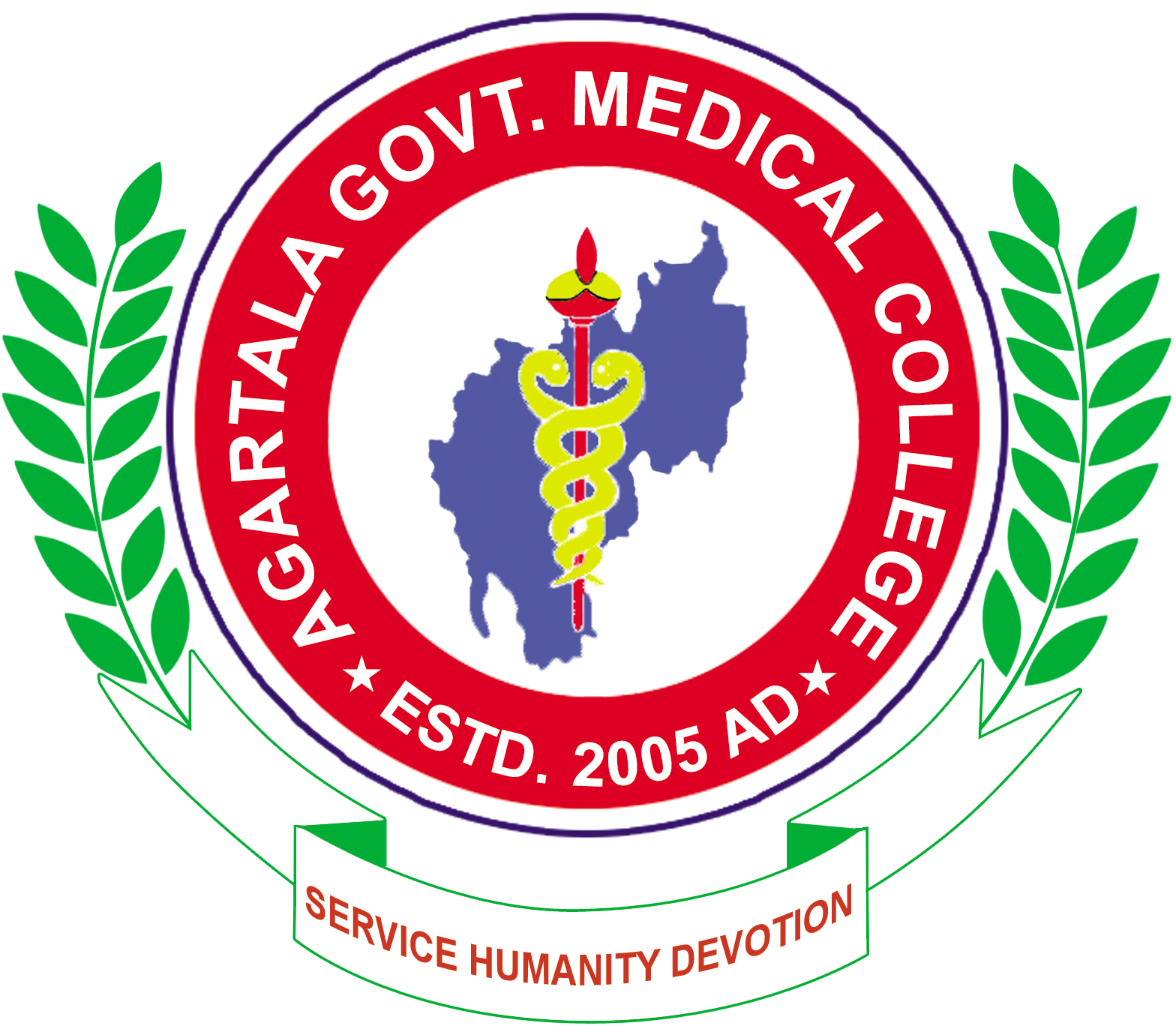Department of Biochemistry
1. Academic Curriculum:
The department is responsible for teaching biochemistry to undergraduate (MBBS) students and contributing to postgraduate programs. The key areas covered include:
- Molecular Biology: Study of DNA, RNA, proteins, and how genetic information is transferred and expressed.
- Enzymology: The role of enzymes in biochemical reactions, including enzyme kinetics and regulation.
- Metabolism: Detailed exploration of carbohydrate, protein, lipid, and nucleic acid metabolism, and their relevance to health and disease.
- Clinical Biochemistry: Application of biochemistry in diagnosing and managing diseases, including the interpretation of laboratory tests related to liver, kidney, and metabolic functions.
2. Laboratories and Research:
The department is equipped with advanced labs for teaching and research purposes:
- Clinical Biochemistry Lab: Focuses on tests like blood glucose, liver function tests, renal function tests, and lipid profiles.
- Molecular Biology Lab: Dedicated to research on gene expression, PCR (Polymerase Chain Reaction), electrophoresis, and DNA sequencing.
- Research Opportunities: Faculty and students engage in research on metabolic disorders, enzymatic activity, and genetic markers for diseases like diabetes, cancer, and cardiovascular conditions.
3. Faculty:
The department boasts highly qualified faculty members with expertise in various subfields of biochemistry. They guide students through theoretical and practical learning, as well as research activities.
4. Workshops, Seminars, and Conferences:
The department frequently organizes workshops and conferences on topics such as:
- Advances in clinical biochemistry.
- Molecular techniques in disease diagnosis.
- Metabolic disorders and nutrition-related biochemical research.
5. Facilities and Resources:
The department provides:
- Lecture Halls: Equipped with modern teaching aids for interactive learning.
- Laboratories: Updated with the latest equipment for conducting biochemical experiments.
- Library Resources: A vast collection of books, journals, and research papers on biochemistry.
6. Research and Publications:
Faculty and students actively publish their research in national and international journals, with a focus on areas like:
- Metabolic pathways and their dysfunctions.
- Nutritional biochemistry and its role in disease prevention.
- Biomarkers for early diagnosis of diseases.
7. Student Involvement:
- Practical Training: Students learn techniques such as chromatography, spectrophotometry, electrophoresis, and more.
- Research Projects: Undergraduate and postgraduate students are encouraged to take part in research under faculty supervision.
- Internships and Extracurricular Activities: Opportunities for hands-on training in clinical labs or participation in biochemistry clubs.
8. Collaborations:
The department collaborates with other medical and research institutions, both nationally and internationally, for research projects, joint conferences, and exchange programs.
9. Future Directions:
The department is focusing on:
- Expanding research on personalized medicine.
- Integrating biochemistry with genomics and proteomics.
- Introducing new postgraduate courses and certificate programs in specialized areas like medical genetics.










